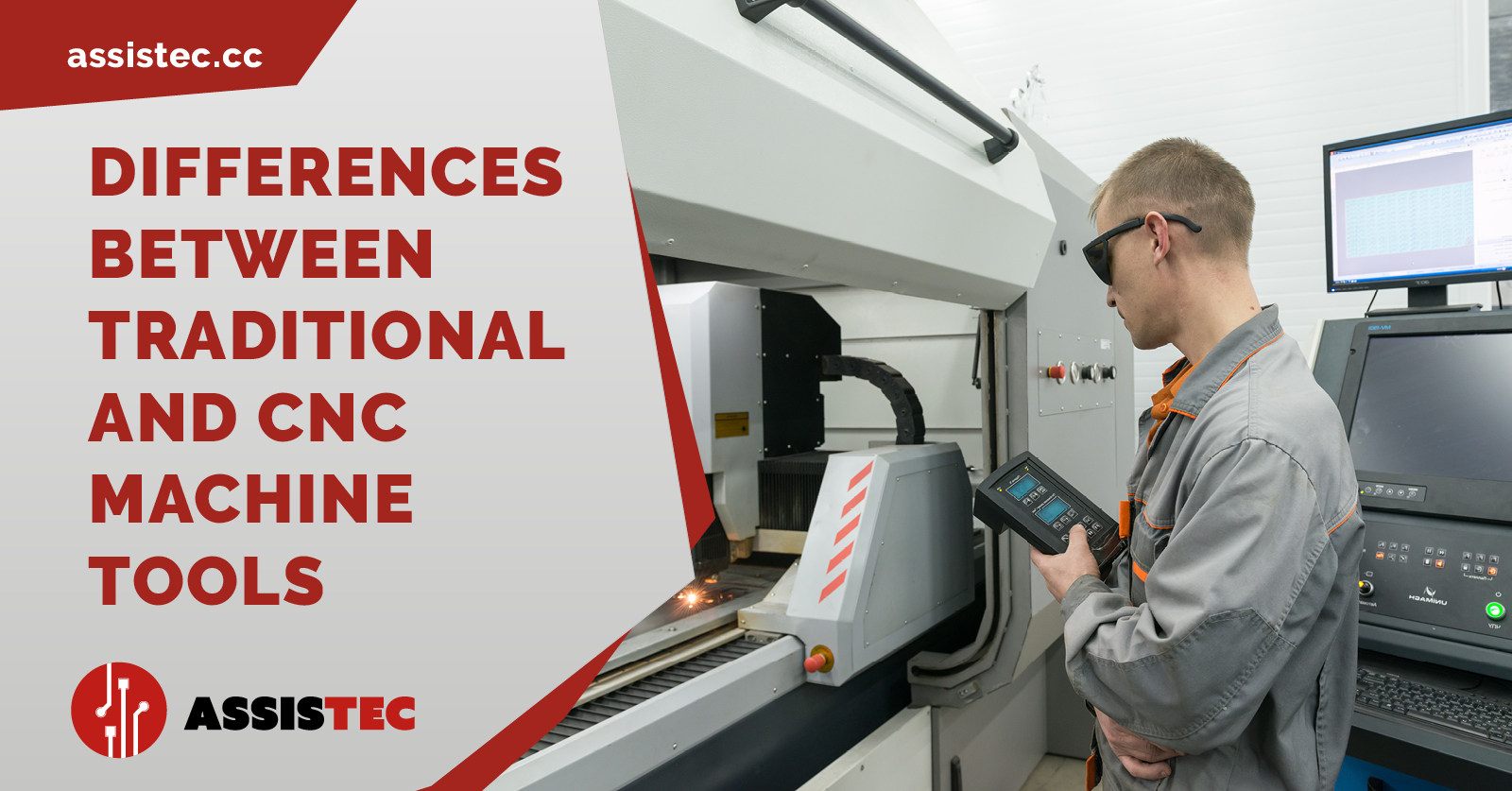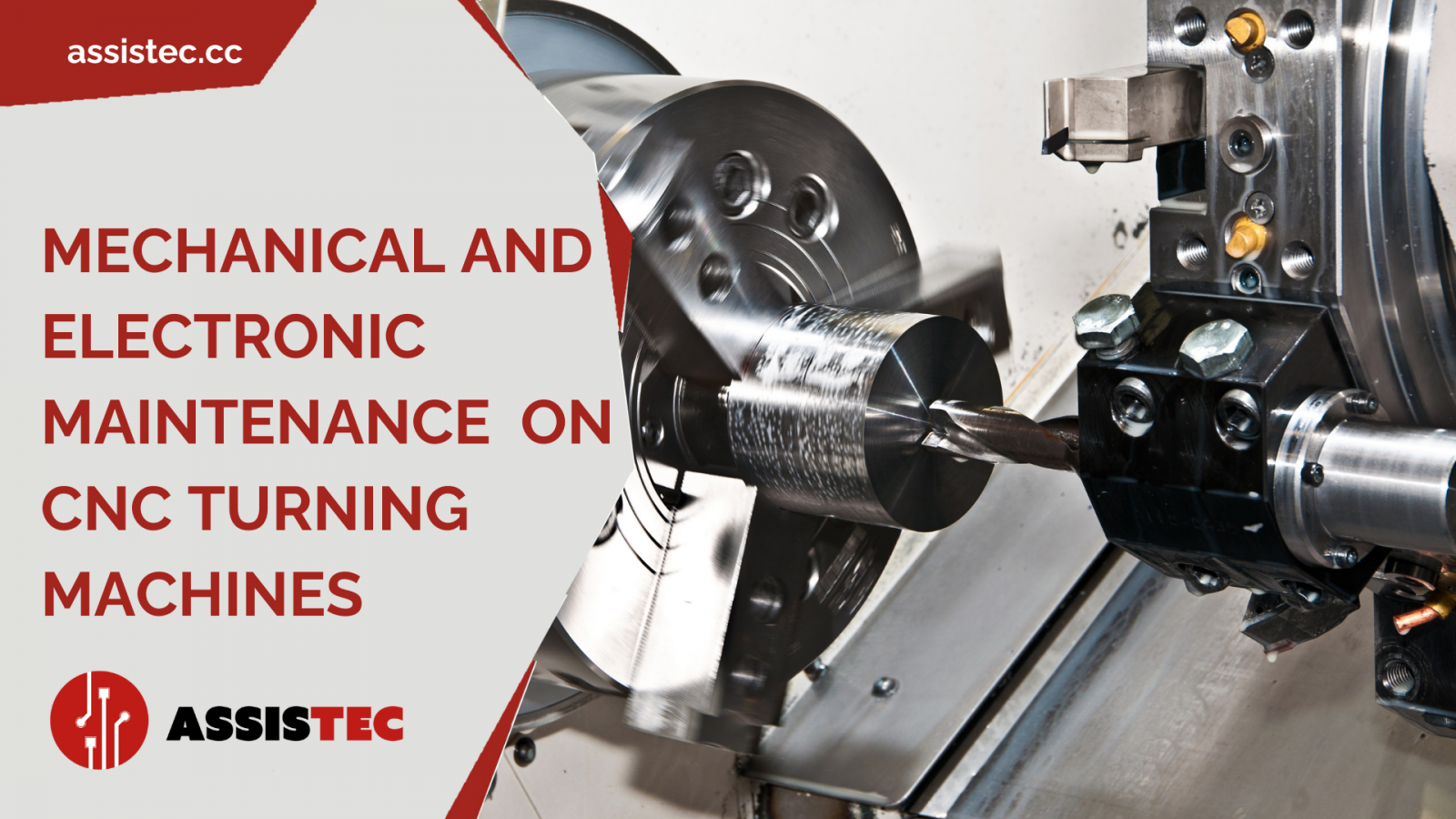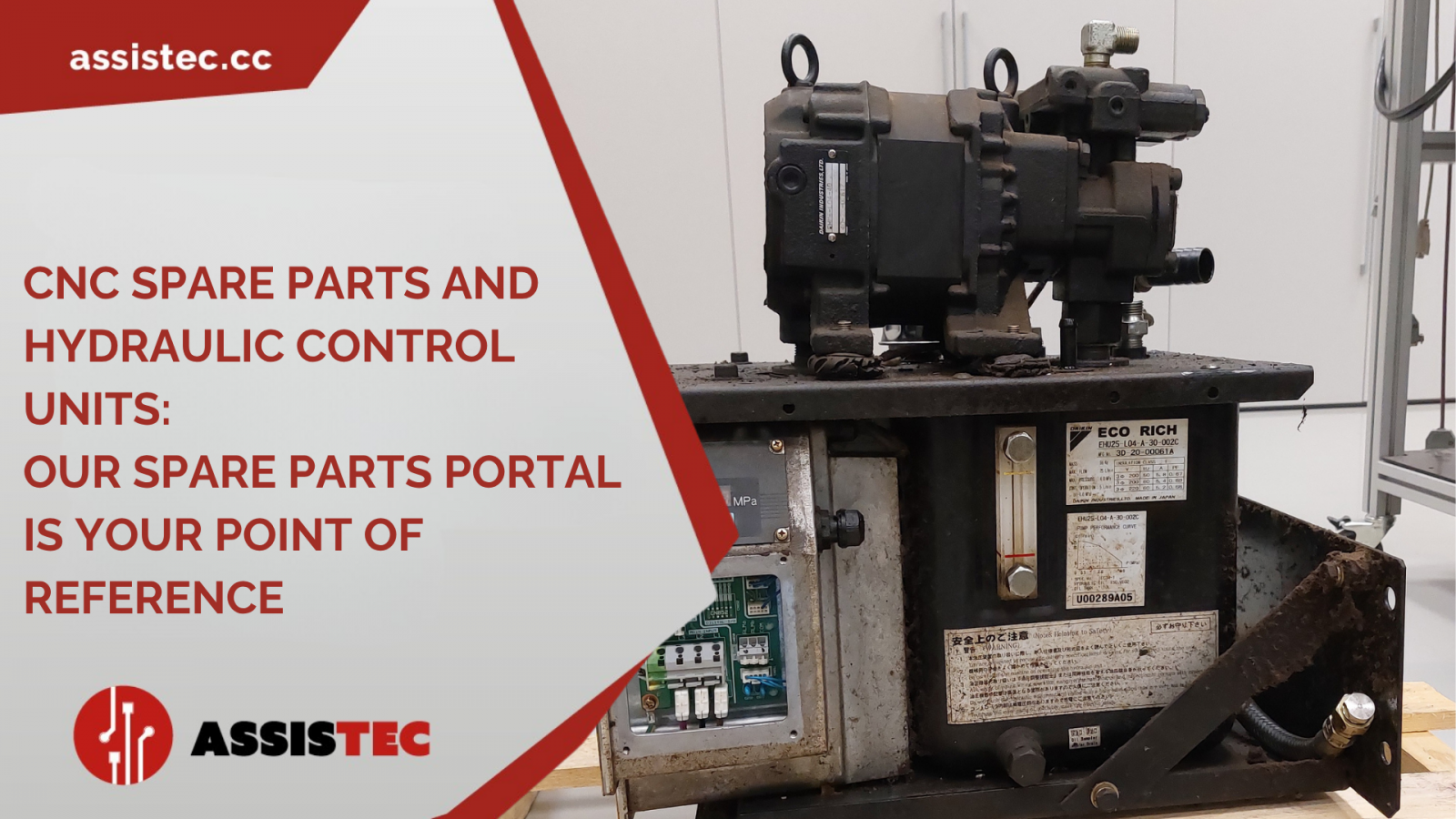The differences between traditional machine tools and CNC machines

Time has come to switch to a CNC numerical control machine

Conventional machine tools and computer numerical control (CNC) machines are both used for machining but have significant differences in several key practical aspects.
So, if you are wondering whether CNC machines are better than traditional machines or whether it is time to replace your machines with automated solutions, below you will find all the elements you need for an in-depth evaluation of the question.
We have examined 7 evaluation criteria, making an objective judgement for each of them based on the practical applications of the machine type.
The analysis of the differences between traditional machine tools and CNC machines covers:
•control modes
•process repeatability
•operation
•versatility and productivity
•automation
•precision
•cost
There will also be room for a brief technical comparison to provide a complete overview of the subject.
Control modes
The control of conventional machine tools is predominantly manual. This means that operators have to directly adjust the tools and workpieces, using knobs, levers and other mechanical controls.
The control of CNC machines, on the other hand, is computerised. Movements and operations are programmed using CAM (Computer-Aided Manufacturing) software that sends precise instructions to the machine.
Repeatability of processes
With traditional machine tools, the accuracy and repeatability of the process depends heavily on the skill of the operator, so they are very susceptible to human inaccuracies, which can negatively affect productivity.
This is not the case with CNC machines, where operations are highly repeatable and precise, regardless of the operator's skill.
Operation
In traditional machines, operation is based on mechanical transmissions, gears and belts. Production can be adapted using specific tools and equipment , but the use of interchangeable tools often requires extensive preparation and adjustment.
CNC machines have electronic operation regulated by software. They basically use stepper motors (or servomotors) controlled by a computer to move tools and workpieces precisely.
Operators interact with the machine through clear and comprehensive software interfaces that allow programming and monitoring of operations.
Versatility and productivity
Traditional machines are much less versatile in terms of rapid production changes. Changing the production process requires considerable time and effort.
This is not the case when it comes to numerically controlled machines: here, changing a programme can quickly alter the production process, allowing greater flexibility and speed of production.
Automation
One of the main problems in production chains based on traditional machinery islimited or absent automation. The immediate consequence is that mass production is less efficient.
Efficiency that is fully manifested by relying on CNC machines, which can operate without continuous supervision, significantly increasing productivity and reducing downtime.
Precision
Older machine tools rely on the operator's skills and regular maintenance of the machine for their precision.
If we move to CNC, on the other hand, we have very high accuracy thanks to numerical control and advanced mechanical stability. If we look even deeper, we find that these machines can maintain very tight tolerances, which is ideal for production requiring very high precision.
Obviously different types of CNC machines will lend themselves to different applications, but always maintain a high degree of efficiency.
Cost
Generally speaking, conventional machine tools are less expensive in terms of initial investment than CNCs.
However, looking at maintenance costs, these can vary and preventive maintenance is often easier but the frequency required is higher.
Conversely, CNC machines require a higher initial investment for the purchase of the machine and associated software.
Similarly, one has to take into account the costs associated with staff training and specialised maintenance , which can obviously be higher than with traditional machines because they involve higher-level skills. Higher costs, however, are reflected in a noticeable improvement in productivity, both in terms of quality and quantity.
Technical comparison between traditional and CNC machine tools
Let us now consider 3 further aspects related to the technical operation of the machines:
- movement components - in traditional machines, these are based on screws, guides and manual mechanical transmissions. Technological evolution has meant that CNC machines instead use linear guide systems, recirculating ball screws, and electronically controlled electric motors;
- position control - whereas previously it was based on visual measurements or mechanical measuring instruments, today with CNC it is done using encoders, position sensors and feedback software to maintain accuracy;
- programming - traditional machine tools rely on manual settings and physical adjustments. CNC programming on the other hand is much more advanced and is done via G-code or M-code languages, integrated with CAD/CAM software for design and simulation.
Traditional or CNC machine tools? With Assis-Tec you have an easy life
Traditional and CNC machine tools represent two distinct approaches to machining.
Conventional offer a simpler and less expensive solution for less complex applications and in environments where flexibility is not a primary requirement.
CNC machines, on the other hand, are ideal for complex, high-precision, high-volume production where automation and repeatability are critical. The choice between the two, therefore, depends on your production needs, as well as your budget and available skills.
If it is the complexity of the most modern machinery that scares you, with Assis-Tec you have nothing to worry about.
By turning to us you can count on regular service and maintenance to keep your machinery at peak production efficiency, avoiding breakdowns (and downtime) thanks to in-depth interventions by highly specialised personnel.
The purchase of a CNC machine and its maintenance should be seen as a long-term investment in your business processes: regular maintenance and timely intervention in the event of a breakdown help to extend the life and functionality of the machine, resulting in better long-term performance and avoiding the need for new purchases.
We also provide you with a qualified service for programming and updating CNC software with the latest innovations, to ensure total line flexibility, optimum performance and compatibility with new industry standards.
At Assis-Tec you will find:
- Qualified and up-to-date technicians
- Quick and decisive interventions
- Use of original spare parts
- Accurate diagnosis and customised solutions
- Continuous technical support
Contact us to learn more about our services to make your company's CNC machines perform at their best!
Recent Posts

-
CNC lathes are the beating heart of many mechanical workshops and manufacturing companies. However, their ability to guarantee precision, production continuity and impeccable finishes depends on a factor that is often underestimated: maintenance. Regular mechanical and electronic maintenance is not only a technical requirement, but also a business strategy that reduces machine downtime, preserves product quality and extends the life of the equipment. This guide explores all the operations necessary for comprehensive maintenance, with practical advice and guidance on when it is essential to rely on specialised professionals.
-
The efficient management of CNC machine tools cannot be separated from a reliable, timely and well-organised spare parts system. This is where the Assistec Spare Parts Portal comes into play, designed to provide concrete support to workshops, maintenance technicians, technical managers and industrial buyers.
Thanks to direct integration with the automated warehouse, the portal allows you to identify and order new and remanufactured components in just a few clicks, with real availability and fast shipping.
Among the most requested spare parts today are hydraulic control units, which are essential for ensuring the operational continuity of CNC systems
-
Why is field service strategic for BIGLIA machine tool users?
BIGLIA machine tools represent a benchmark in the world of CNC turning, thanks to their precision, reliability and operational flexibility. But even the most robust lathes, in order to maintain high quality standards and constant productivity, require a specialised technical partner capable of guaranteeing rapid and effective intervention.
In this context, Assistec, a company that for over twenty years has been supporting mechanical companies and workshops with a complete field service for BIGLIA machines, providing know-how, rapid intervention and multidisciplinary expertise.


